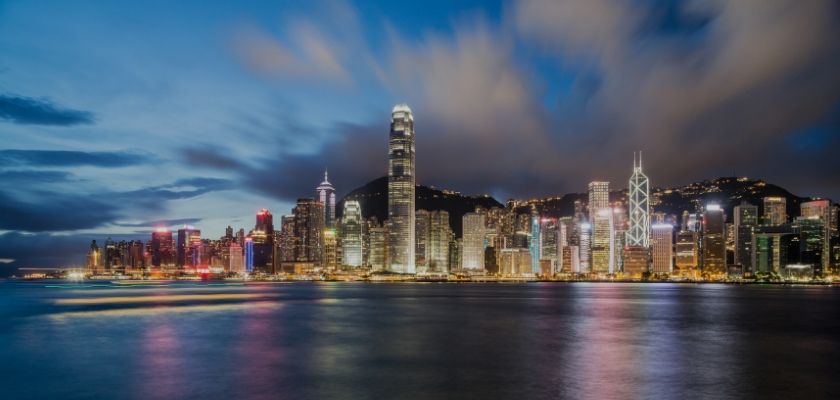As violent protests in Hong Kong continue, the region’s authorities seem to be mulling introducing a state of emergency in a bid to put an end to the unrest.
Hong Kong’s Chief Executive Carrie Lam wouldn’t rule out such a possibility while responding to reporters this week – and she seems to be reacting to the cues on how to handle the situation given publicly by Beijing via its state media.
Meanwhile, the Hong Kong-based South China Morning Post said there was serious concern in some quarters that such a move would lead to an erosion of the rule of law in the territory.
To describe the law in question, the Emergency Regulations Ordinance, as “sweeping” in scope doesn’t do it justice: it allows Hong Kong’s leader to make “any regulations whatsoever which he (or she) may consider desirable in the public interest.”
According to the report, these powers were last put to use to deal with leftist riots in 1967, when the territory was under British colonial rule.
“Such regulations grant a wide range of powers, including on arrests, detentions and deportations, the control of ports and all transport, the appropriation of property, and authorizing the entry and search of premises and the censorship and suppression of publications and communications,” said the article.
And the maximum punishment for those found guilty goes all the way up to life in prison.
The legislation was first enacted in 1922, but one of its notable victims today could be Hong Kong’s open internet, the ISP industry has warned, according to TechCrunch.
Currently, China’s Great Firewall that enables state censorship does not affect Hong Kong – but according to local ISPs, the only way to implement the emergency powers would be to put the region’s internet “behind a large-scale surveillance firewall.”
This would undermine Hong Kong’s economy, considering its leading role in the telecommunications industry in this part of the world – while the ripple effect could reach the mainland, and represent “a major hit to global internet freedom,” the website writes.
Although expressing concern about how the law might affect Hong Kong’s rule of law and capitalist system, opponents of the move, legal experts and former officials, told the South China Morning Post that the situation with human rights and freedoms there is already dire.
But the effects the emergency powers could have might, in the end, prove to be more harmful than what sparked the months-long protests, namely, the extradition bill that would allow Hong Kong authorities to extradite citizens to mainland China.













